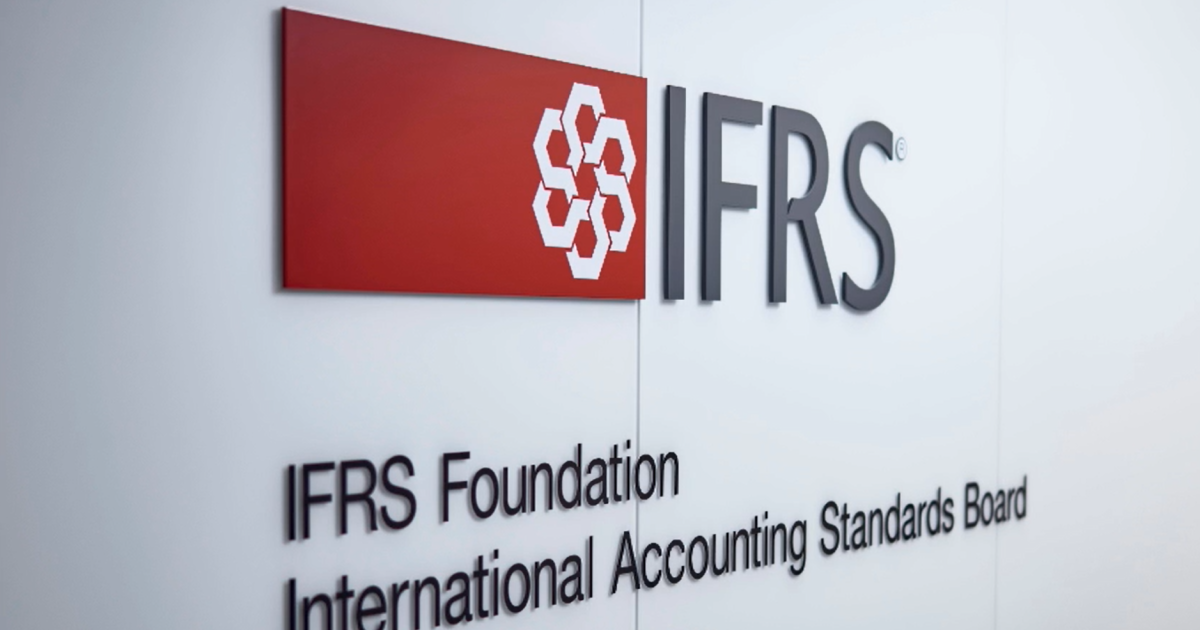By any other name; poor Service; a saga continues; and other highlights of recent tax cases.
Rockford, Illinois: Tax preparer Gretchen Alvarez, 49, has pleaded guilty to preparing and filing false income tax returns.
She operated the tax prep business Sick Credit Repair Tax and Legal Services and represented herself as an income tax preparer. Alvarez did not have a PTIN and admitted that in 2019 and 2020 she misrepresented taxpayers’ eligibility for education credits and deducted fictitious business expenses from their taxable income to reduce tax liabilities and inflate refunds.
The tax loss totaled $356,881.
Sentencing is Sept. 17. Alvarez faces a maximum of three years in prison and a fine of up to $100,000.
Bangor, Maine: Paul Archer, a Florida resident formerly of Hampden and Orrington, Maine, has pleaded guilty to attempting to evade federal taxes and engaging in fraudulent transfers and concealment in a bankruptcy proceeding.
He operated an online marketing business for software installation, earning several million dollars from 2013 through 2015. After an IRS audit in 2016 assessed a federal tax debt totaling some $1 million, Archer concealed and transferred assets through two LLCs he controlled and began using third-party bank accounts to evade paying the tax debt. From April 2018 through November 2019, he transferred and concealed assets and income by using a series of bank accounts held in the names of Max Tune Up LLC; Stealth Kit LLC; his father; and his spouse.
In March 2019, Archer filed for Chapter 7. In his paperwork and court statements, he falsely claimed less than $50,000 in assets; a single checking account; no other assets or property interests; no recent asset transfers; and no connections to any businesses or memberships in any LLCs.
He faces up to five years in prison and a fine up to $250,000 on each of the two charges to which he pleaded guilty. Any sentence will be followed by up to three years of supervised release.
Fort Wayne, Indiana: Rakita Davis, 45, a former IRS employee, has been sentenced to two years of probation and ordered to pay $55,213.61 in restitution to the Small Business Administration after pleading guilty to wire fraud associated with pandemic relief.
Davis falsely claimed gross income for a business that did not exist when she applied for two Paycheck Protection Program loans in 2021. Employed by the IRS when she applied for the loans, Davis lied that she was the sole proprietor of a catering business when no such business existed. She received PPP funds that she spent on such personal items as jewelry, airfare, luxury car rentals and vacations.
Charleston, West Virginia: Business owner Luther A. Hanson has been sentenced to three years of probation and fined $5,000 for willful failure to pay over taxes.
From at least 2015 to September 2020, Hanson, who previously pleaded guilty, did not withhold or pay over some $149,905.38 in employment taxes to the IRS for two employees of his accounting businesses. Hanson owns and operates The Estate Planning Group Inc. and L.A. Hanson Accounting Services; the two employees provided accounting services for both.
Hanson admitted that prior to June 30, 2015, he and the two employees agreed that he would begin treating them as independent contractors. He also admitted that he knew this arrangement would relieve him of paying the employer portion of the employment taxes and of the employees’ withholdings. Neither employee changed their job duties.
He admitted that he knew that neither was an independent contractor while he paid each by check throughout their employment. Hanson further admitted that he did not pay the trust fund taxes to the IRS nor the employer’s share of employment taxes for the two employees each quarter during the arrangement.
The court previously determined that Hanson owed $146,771.37 to the U.S. after his scheme; Hanson paid that amount before sentencing. One of the employees paid a portion of the taxes owed, resulting in the adjusted figure of restitution Hanson owed.
Oakland, New Jersey: Business owner Walter Hass, of Hewitt, New Jersey, has been sentenced to four years in prison for his role in a $3.5 million payroll tax scheme.
Hass owned and operated a shipping and logistics company and since 2014 has operated the company under three different names. He failed to collect, account for and pay over payroll taxes to the IRS on behalf of each of these companies from 2014 to 2022, a total of at least $3.5 million.
Hass used company money to fund his personal lifestyle, including the purchase of luxury vehicles, high-end watches and jewelry, designer clothing, tickets to sporting events, home renovations, vacations, water sports vehicles and extravagant meals.
After signing his guilty plea in October 2023, he embarked on a campaign to avoid responsibility for his conduct. He lied to the court, to the U.S. Probation Office and to the government about a purported cancer diagnosis to delay the entry of his guilty plea and his sentencing. Hass fabricated three letters from physicians asserting that he had medical conditions, including kidney cancer, that prevented him from attending court proceedings. Hass did not have cancer and attempted to travel throughout the country and around the world during this time.
Hass was also sentenced to three years of supervised release and ordered to pay $3,527,645 in restitution.
Atlanta: Attorney Vi Bui has been sentenced to 16 months in prison for obstructing the IRS in connection with his participation in the promotion of abusive syndicated conservation easement tax shelters.
Bui, who previously pleaded guilty, was a partner at the firm Sinnott & Co. and beginning at least in 2012 and continuing through at least May 2020 participated in a scheme to defraud the IRS by organizing, marketing, implementing and selling illegal syndicated conservation easement tax shelters created and organized by co-conspirators Jack Fisher, James Sinnott and others. (Fisher and Sinnott were convicted and sentenced to prison in January 2024.)
The scheme entailed creating partnerships that bought land and land-owning companies and donated easements over that land or the land itself. Appraisers generated fraudulent and inflated appraisals of the easements, and the partnerships then claimed a charitable contribution deduction based on the inflated value. Bui knew that to make it appear that the participants had timely purchased their units in the shelters, Fisher, Sinnott and others backdated and instructed others to backdate documents, including subscription agreements and checks.
Bui anticipated that the transactions would be audited. He and others created and disseminated lengthy documents disguising the true nature of the transaction, instituted sham “votes” for what to do with the land that the partnership owned despite knowing that outcome was predetermined, and falsified paperwork such as appraisals and subscription agreements. Bui earned substantial income for his role in the scheme.
He also used the fraudulent shelters to evade his own taxes, filing personal returns from 2013 through 2018 that claimed false deductions from the shelters.
He was also ordered to serve a year of supervised release and to pay $8,250,244 in total restitution to the IRS.


 Economics7 days ago
Economics7 days ago
 Economics7 days ago
Economics7 days ago
 Economics5 days ago
Economics5 days ago
 Finance7 days ago
Finance7 days ago
 Economics7 days ago
Economics7 days ago
 Blog Post6 days ago
Blog Post6 days ago
 Personal Finance5 days ago
Personal Finance5 days ago
 Economics1 week ago
Economics1 week ago











